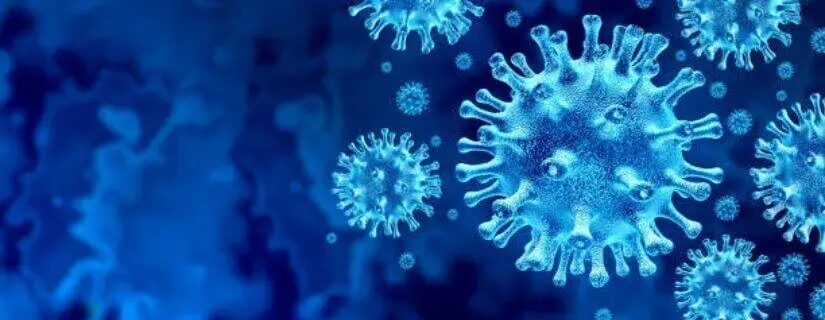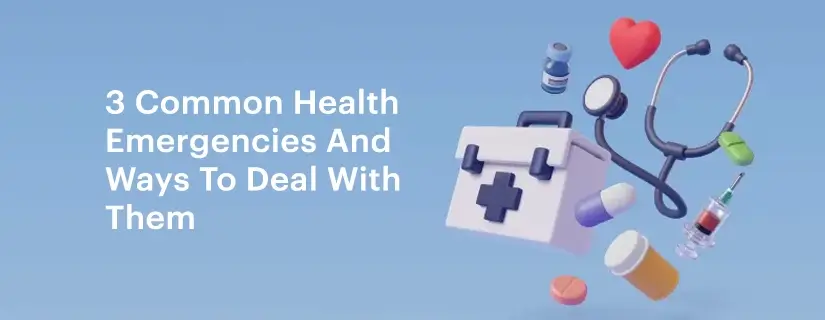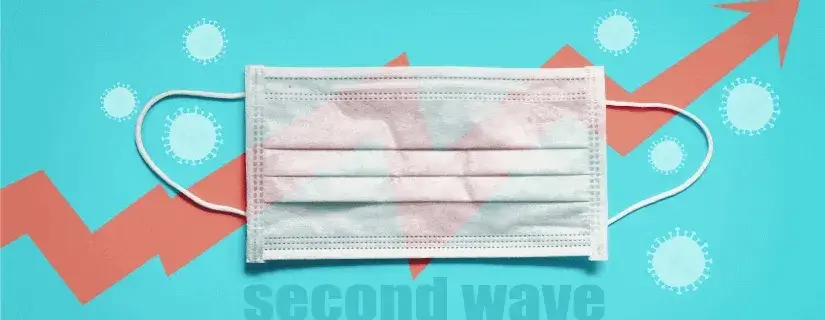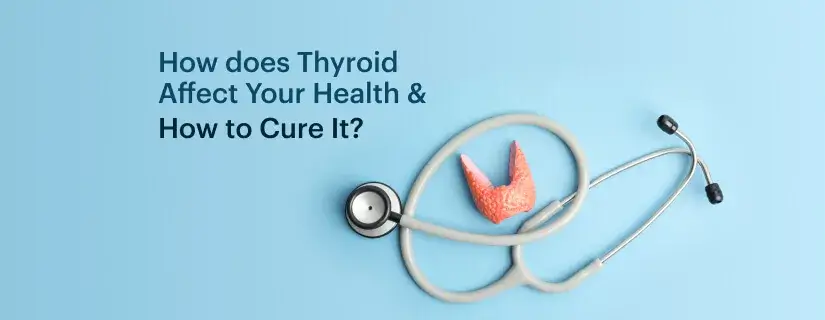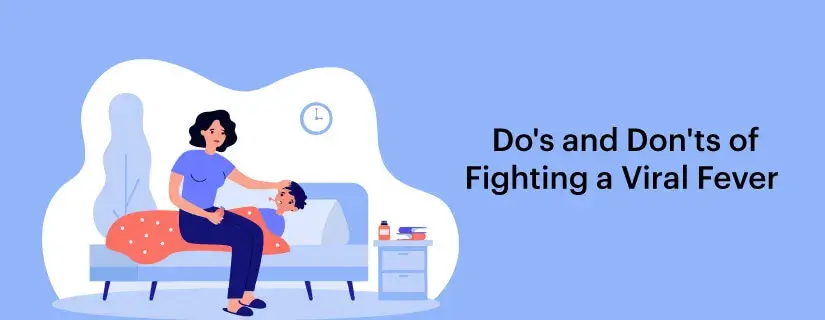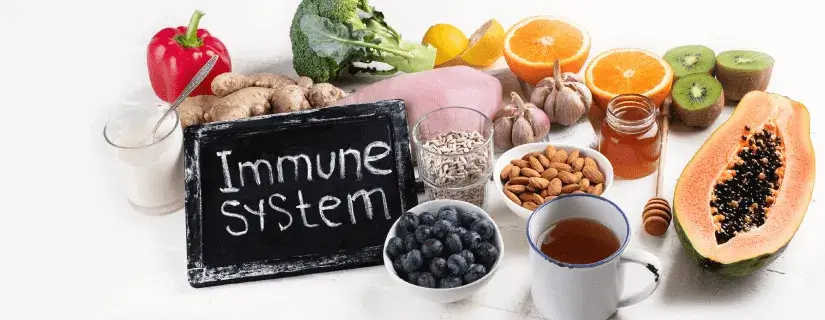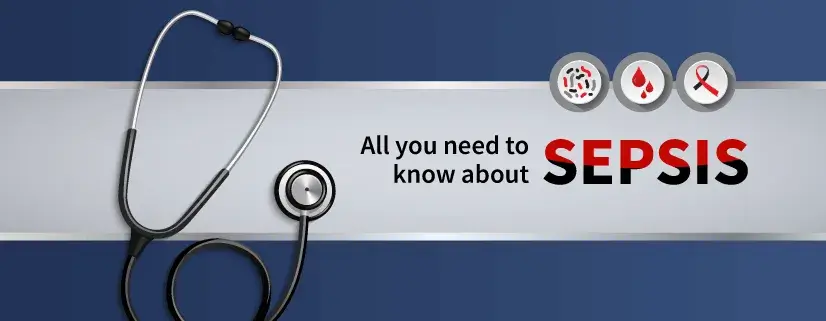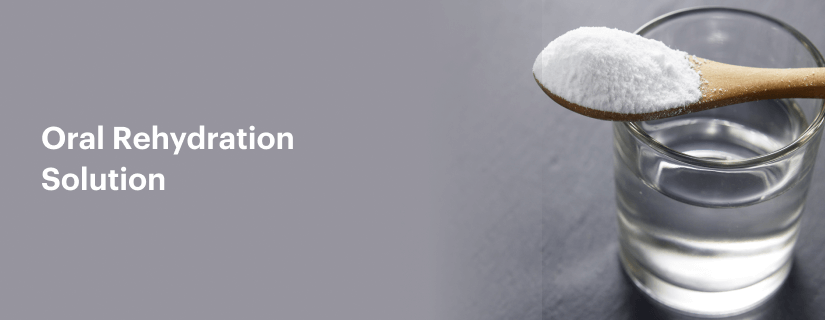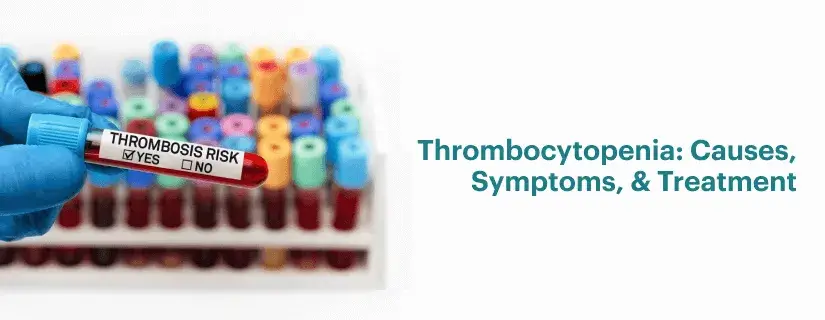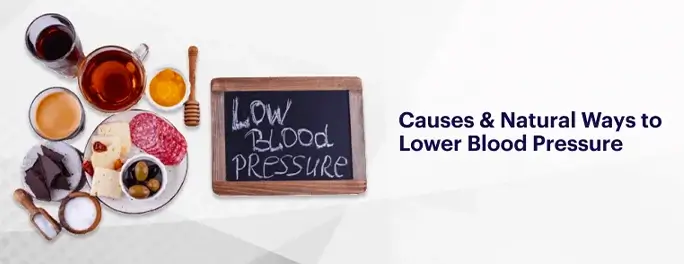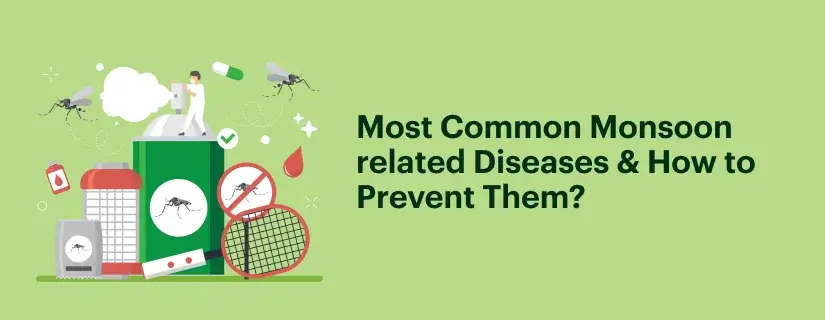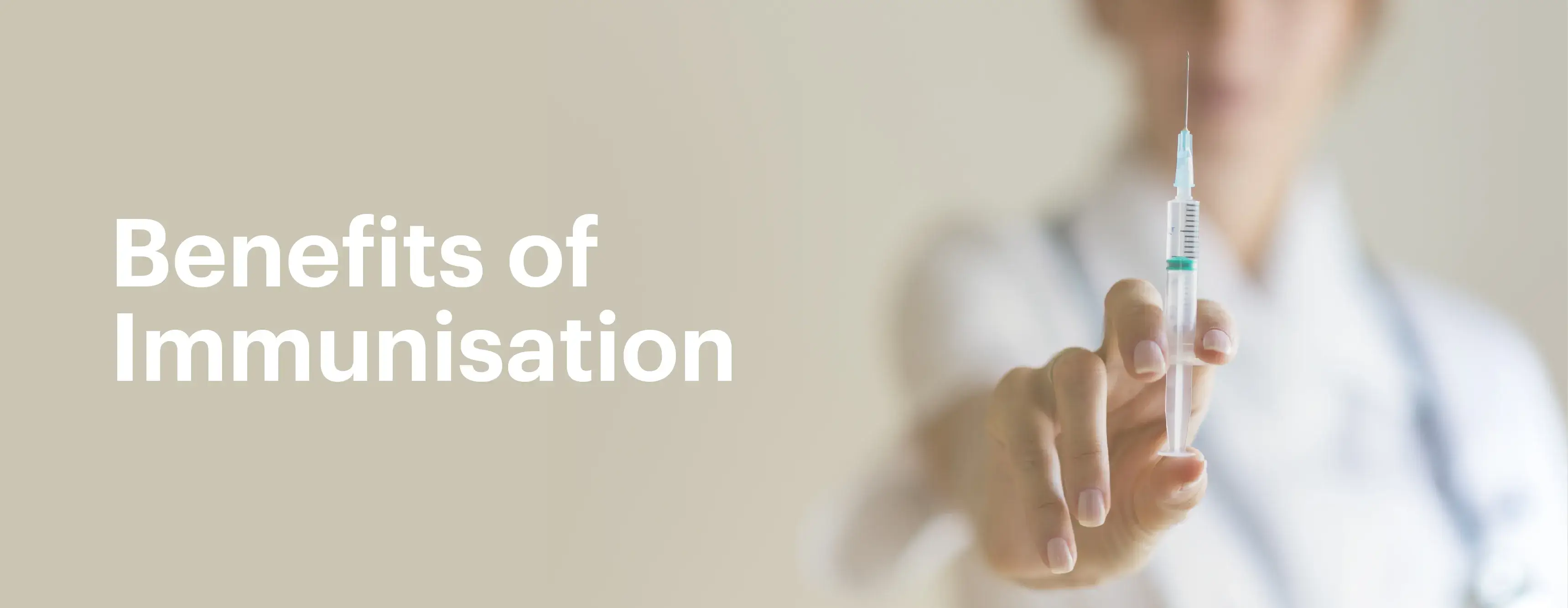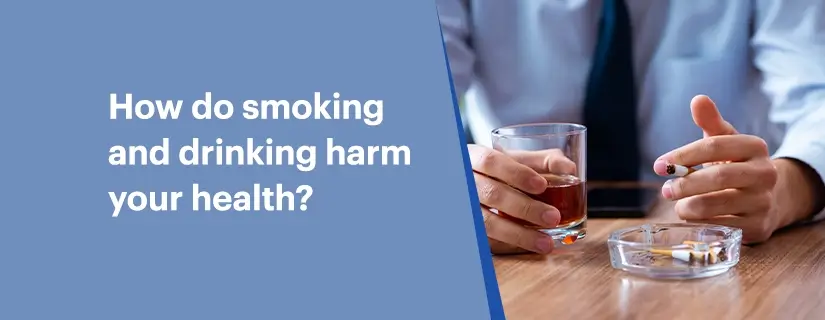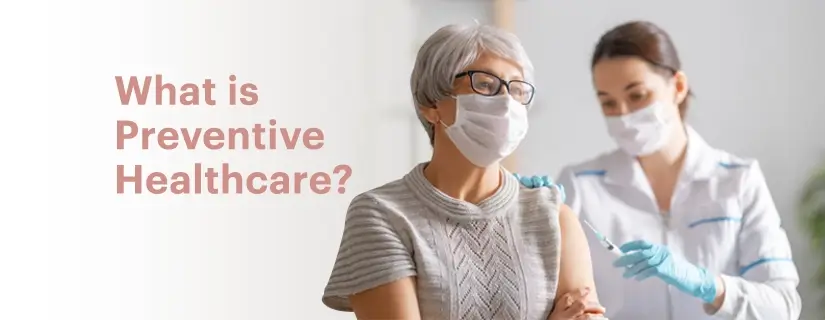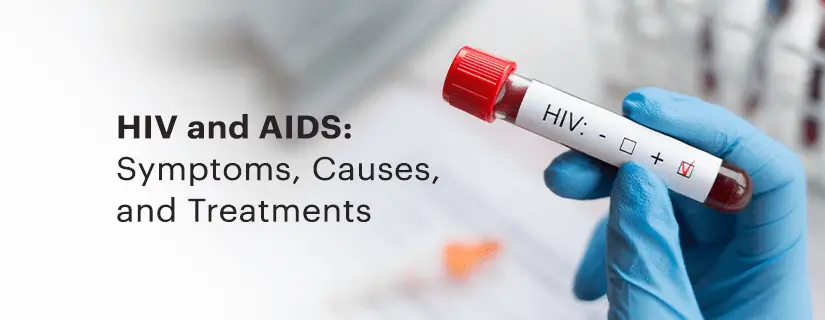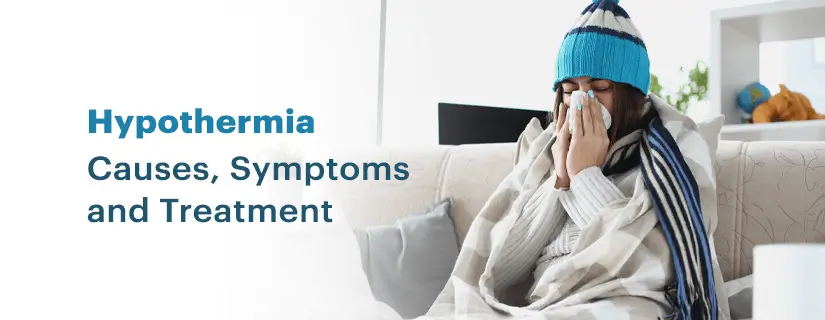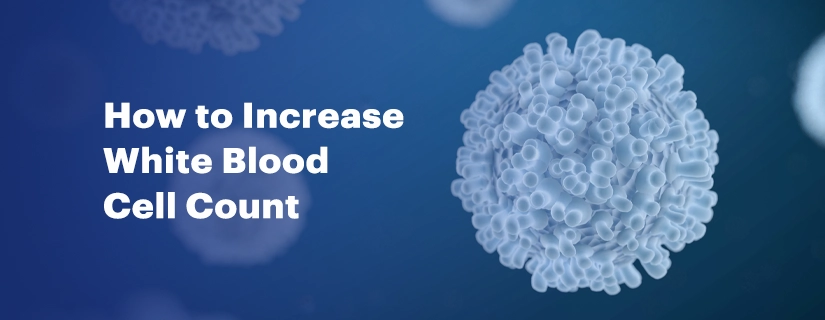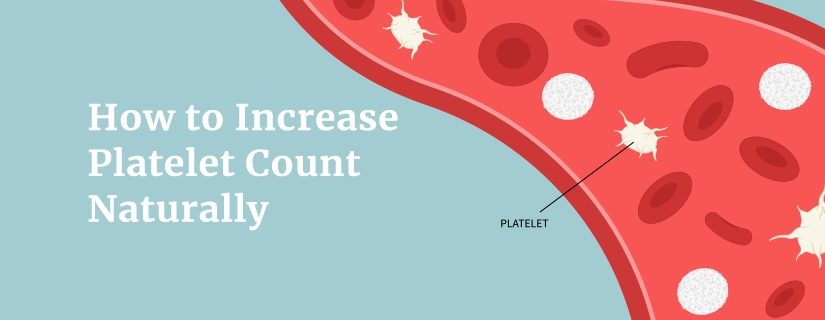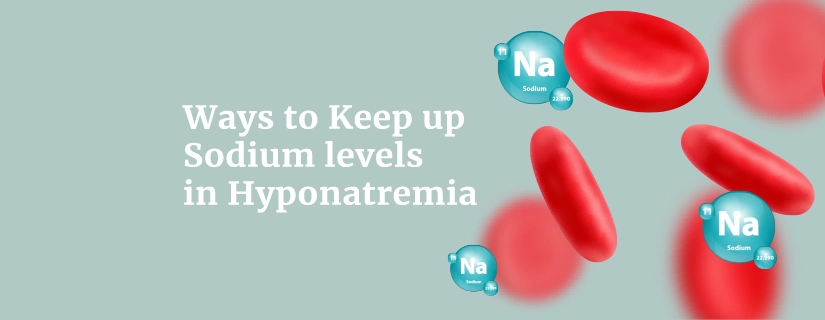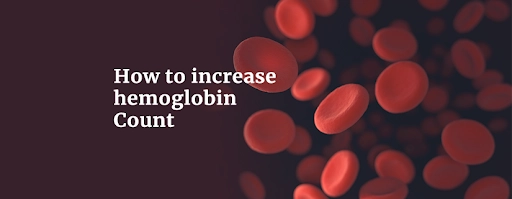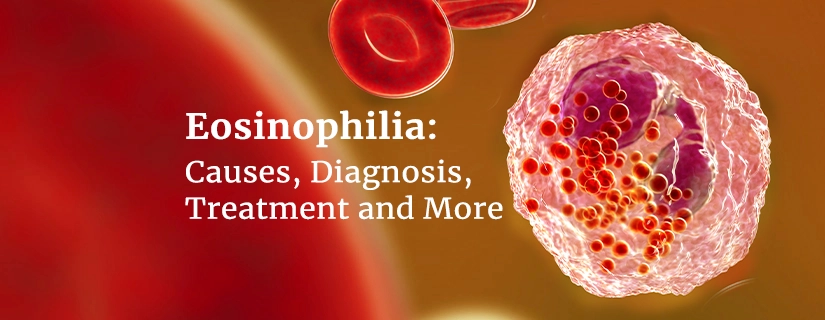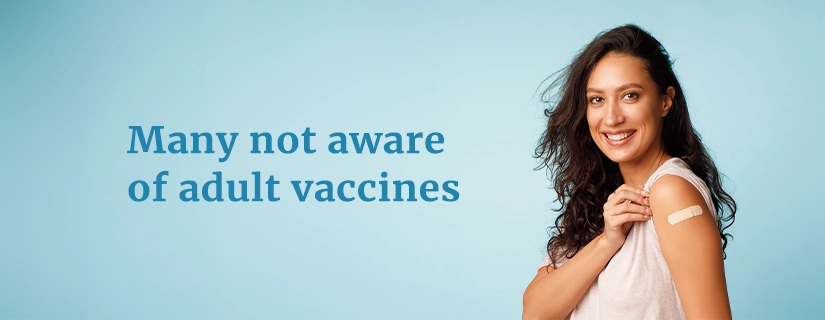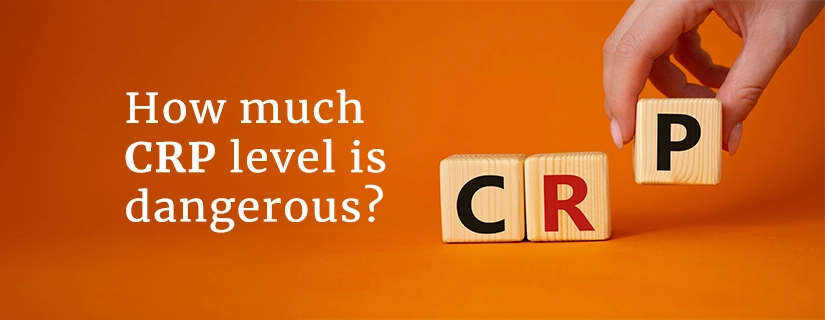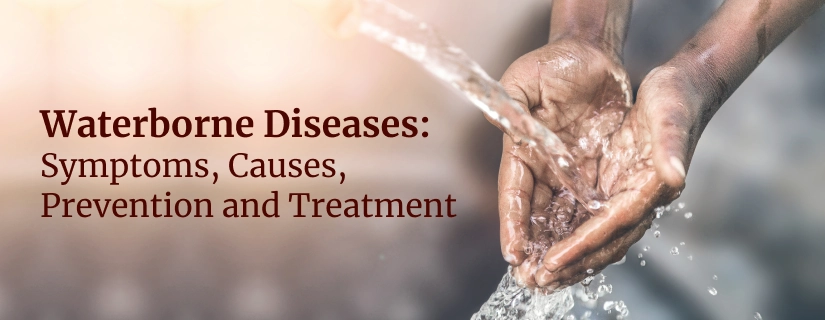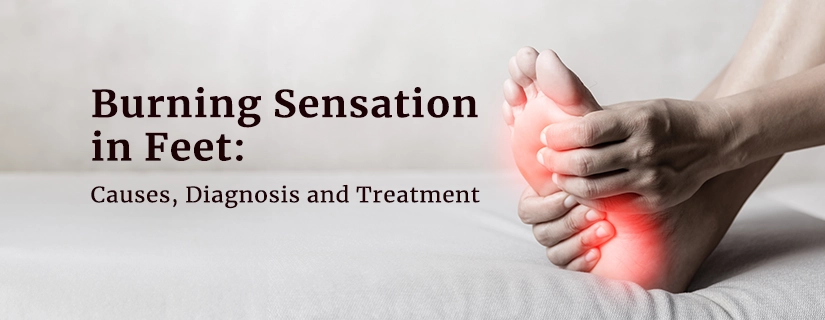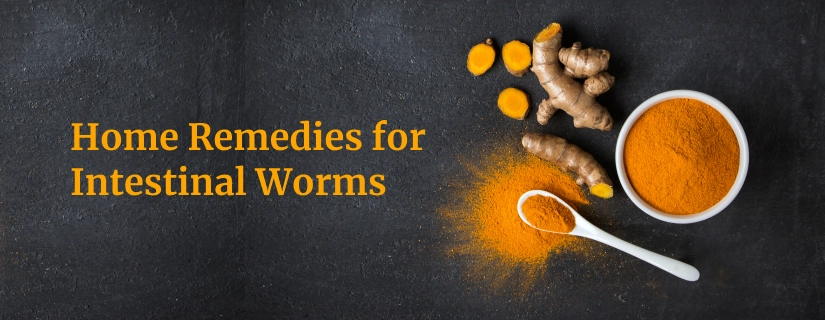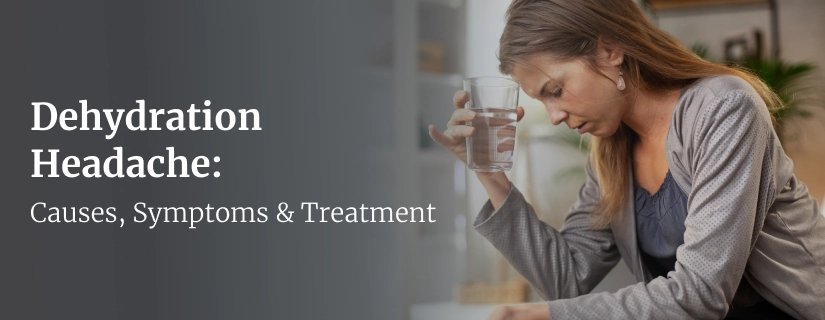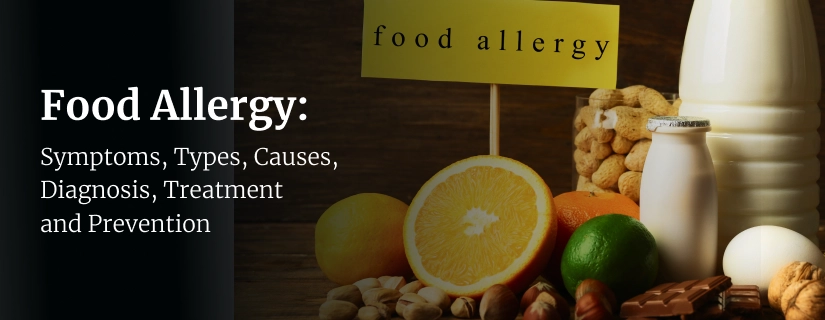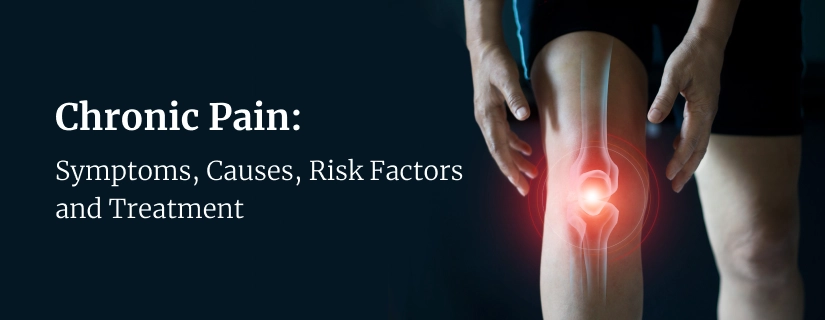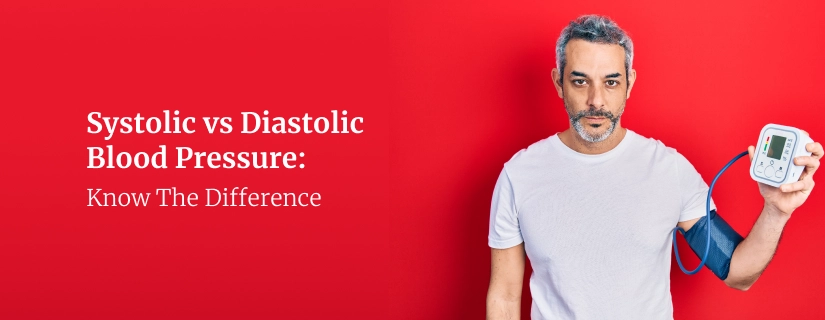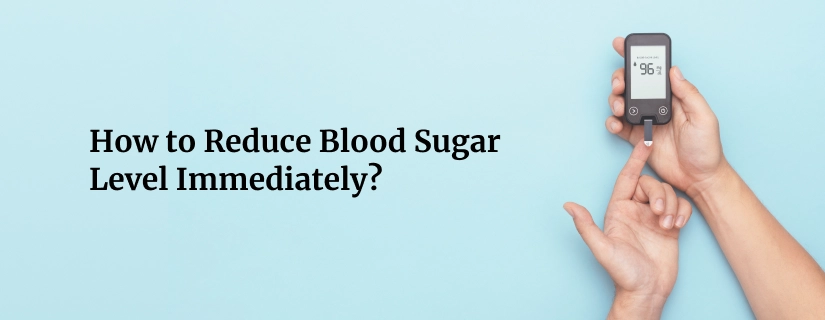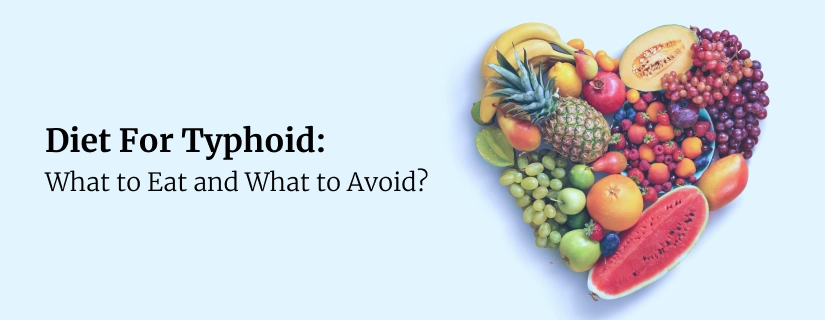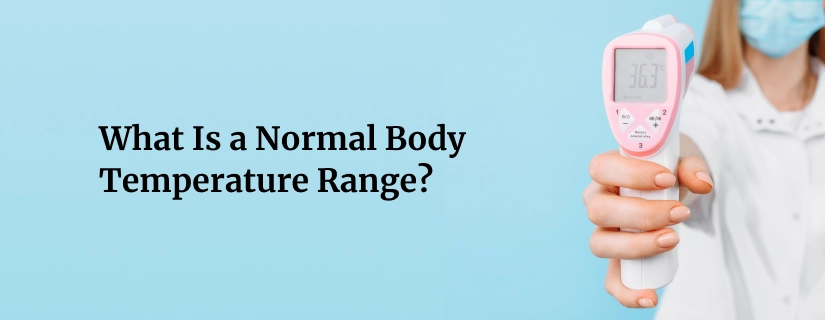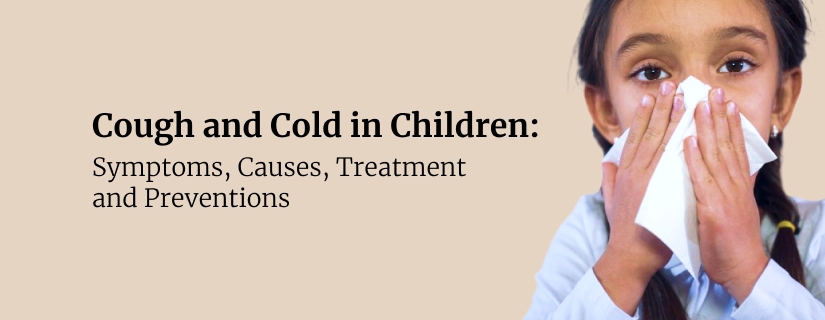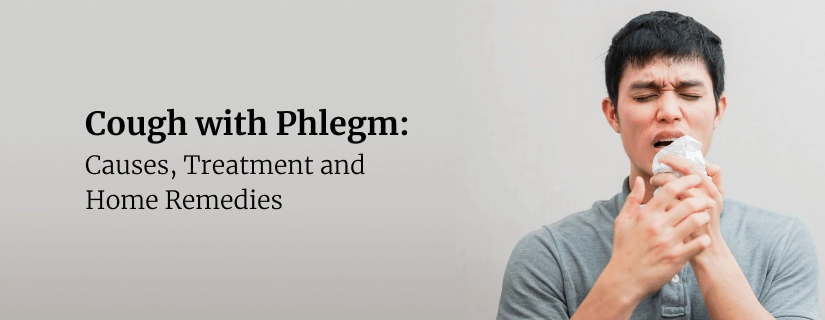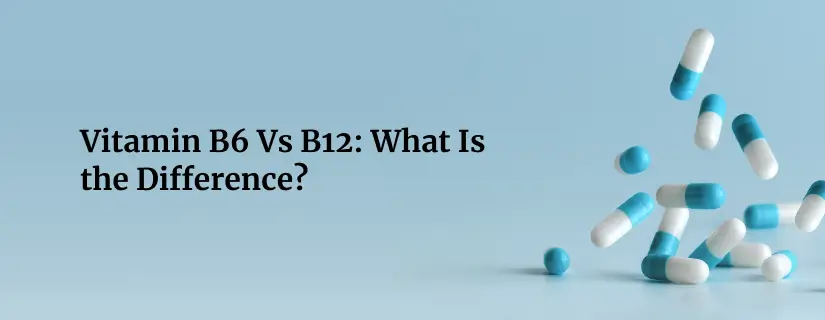-
Doctors
-
Specialities & Treatments
Centre of Excellence
Specialties
Treatments and Procedures
Hospitals & Directions HyderabadCARE Hospitals, Banjara Hills CARE Outpatient Centre, Banjara Hills CARE Hospitals, HITEC City CARE Hospitals, Nampally Gurunanak CARE Hospitals, Musheerabad CARE Hospitals Outpatient Centre, HITEC City CARE Hospitals, Malakpet
HyderabadCARE Hospitals, Banjara Hills CARE Outpatient Centre, Banjara Hills CARE Hospitals, HITEC City CARE Hospitals, Nampally Gurunanak CARE Hospitals, Musheerabad CARE Hospitals Outpatient Centre, HITEC City CARE Hospitals, Malakpet Raipur
Raipur
 Bhubaneswar
Bhubaneswar Visakhapatnam
Visakhapatnam
 Nagpur
Nagpur
 Indore
Indore
 Chh. Sambhajinagar
Chh. SambhajinagarClinics & Medical Centers
Book an AppointmentContact Us
Online Lab Reports
Book an Appointment
Consult Super-Specialist Doctors at CARE Hospitals
Antibiotic Resistance: What Is It, Complications and How to Prevent
Updated on 22 May 2023
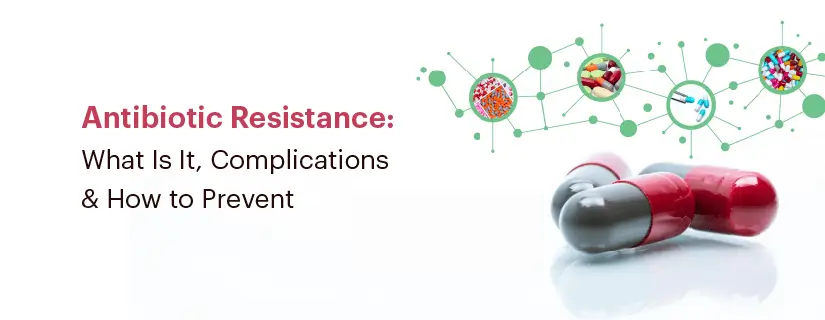
With the ever-increasing diseases and health ailments, drug research institutes and private players continuously aim to manufacture medicines that keep harmful bacteria and fungi in check.
However, the bacteria, too, produce certain proteins to rapidly counter the medicines and develop resistance to them. One such phenomenon has been observed in the uses of antibiotic. That means germs are not killed and continue to grow.
What are Antibiotics?
The term antibiotic literally means “against life.” Technically speaking, any medicine that kills harmful germs can be called an antibiotic, but medical professionals often use the term when referring to medicines that kill or inhibit bacterial growth.
What is Antibiotic Resistance?
Antibiotic resistance, as some may infer, is the resistance developed by our bodies against the medicine, but it is the bacteria that produce proteins that help them develop resilience against the drug. These specific protein DNA chains are then transmitted to other bacteria, which in turn also exhibit similar characteristics, nullifying the effect of antibiotics.
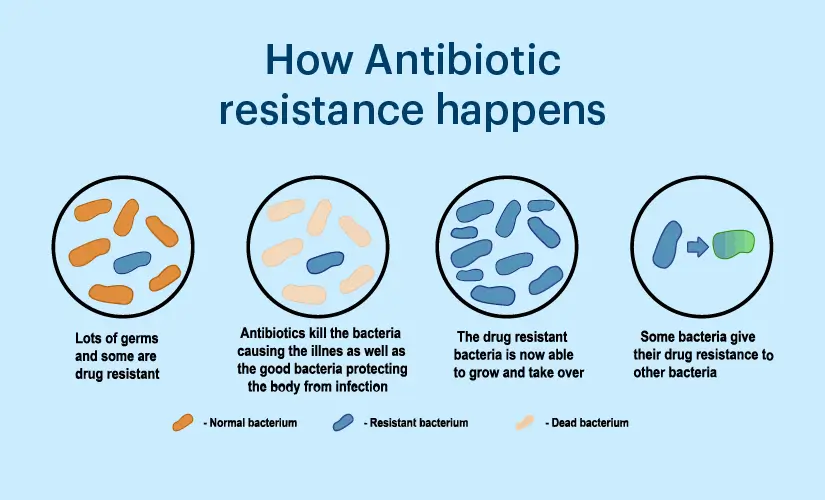
Known as “superbugs” or “super bacteria”, these germs make our bodies more susceptible to diseases that cannot be treated. This hazardous occurrence is attributed to the overuse of antibiotics for even minor ailments, such as coughs and colds, which as a rule can be controlled by the body’s immune system and don’t need antibiotics.
Consequences of Antibiotic Resistance
As we have elaborated above, how antibiotic resistance is one of the top issues faced by the drug industry in the 21st century. Let us summarise the problems of the overuse of antibiotics.
- Multi-drug resistance can lead to the requirement for second-line and third-line antibiotics, which are very expensive
- With resistance to multiple antibiotics, the treatment may be ineffective and patients can succumb to the illness
- Prolonged recovery time and damage to other organs require more sophisticated and costly treatment
- Exorbitantly expensive treatments
- Increase in the frequency of healthcare provider visits
- The emergence of incurable diseases
How to Prevent Antibiotic Resistance?
In order to avoid a future catastrophe, antibiotics should be used properly and cautiously. Limited use of antibiotics is also known as “antibiotic stewardship.”
As seen above, antibiotic resistance is a serious issue plaguing the healthcare industry right now. The onus of antibiotic stewardship programs is not only on healthcare professionals, but we can also contribute by rigorously following these subsequent steps for the prevention of antibiotic resistance:
- Complete the course of antibiotic medication as prescribed by your doctor.
- Do not stop or start taking the antibiotic without the doctor’s advice.
- Never share your antibiotics with anyone else without proper medical consultation.
Let’s have a look at the advantages of following medical advice and the above pointers.
- Prevent the recurrence of the same disease
- Prevent antibiotic-resistant infections
- Avoid the side effects of using antibiotics
Conclusion
Though antibiotic resistance is on the rise, individuals can hamper the advances of bacteria by owning their responsibilities and scrupulously following medical advice.
Healthcare professionals and drug manufacturers, meanwhile, are always on the lookout for new formulae that can rescue human beings from any major future health disorders. The human race has made exponential advances in the medicinal field during the last century and will certainly make outstanding progress in obstructing any major challenges.

ENQUIRY FORM
SELECT CATEGORIES
-
Neurosciences (16)
-
Neurology (37)
-
Neurosurgery (14)
-
Orthopaedics (48)
-
Oncology (33)
-
Obstetrics and gynecology (52)
-
Pulmonology (23)
-
Urology (20)
-
Nephrology (13)
-
Psychiatry (7)
-
Dietetics and Nutrition (111)
-
General Medicine (63)
-
Cardiac Sciences (32)
-
Vascular & Endovascular Surgery and Interventional Radiology (15)
-
Gastroenterology (46)
-
Endocrinology (23)
-
Plastic Surgery (10)
-
Critical Care Medicine (5)
-
COVID-19 (16)
-
Dermatology (16)
-
Emergency Care (1)
-
Ophthalmology (4)
-
Pediatrics (14)
-
Laparoscopic and Bariatric Surgery (8)
-
ENT (15)
-
Kidney Transplant (1)
-
Liver Transplantation and Hepatobiliary Surgery (5)
-
General Surgery (3)
-
Internal Medicine (5)
-
Medicine Information
Insomnia: What it is, Symptoms, Causes and Treatment
How to Manage Low Blood Pressure with Diet?
YOU MAY ALSO LIKE
RECENT BLOGS
-

Preterm Birth (Premature Birth): Symptoms, Causes, Treatment and Prevention
13 May 2025
Read More
-

Rotablation Angioplasty: Benefits, Treatments, And Recovery Time
9 May 2025
Read More
-

What Is The Difference Between IUI and IVF?
9 May 2025
Read More
-

Venous Malformations: Causes, Symptoms, and Treatment
30 April 2025
Read More
-

Varicose Vein Foam Sclerotherapy: Treatment, Benefits, and Procedure
30 April 2025
Read More
-

Radiofrequency (RF) Ablation Treatment for Varicose Veins: Know More
30 April 2025
Read More
-

Varicose Vein Sclerotherapy: Treatment, Benefits, and Procedure
30 April 2025
Read More
-

Varicose Vein Endovenous Laser Ablation: Procedure, Benefits, Risks
30 April 2025
Read More
Have a Question?
If you cannot find answers to your queries, please fill out the enquiry form or call the number below. We will contact you shortly.



